detail profile milton friedman
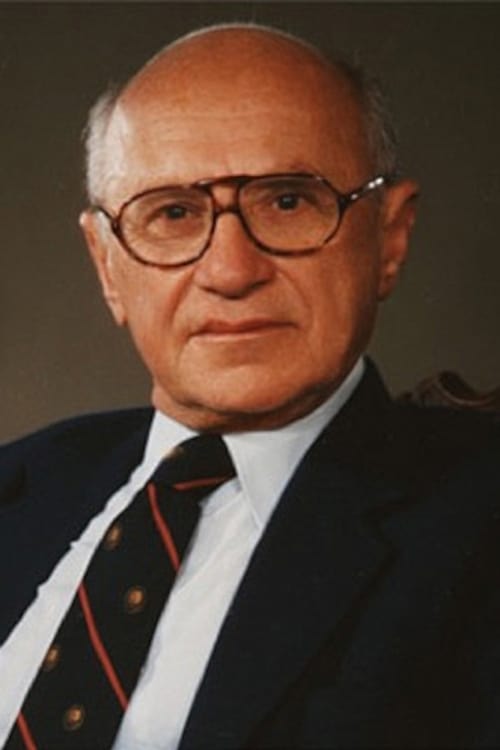
Riwayat Hidup
Milton Friedman was an American economist who received the 1976 Nobel Memorial Prize in Economic Sciences for his research on consumption analysis, monetary history and theory, and the complexity of stabilization policy.
With George Stigler and others, Friedman was among the intellectual leaders of the second generation of Chicago price theory, a methodological movement at the University of Chicago's Department of Economics, Law School, and Graduate School of Business from the 1940s onward.
Info Pribadi
Peran Yang Di Mainkan Milton Friedman
 A journey through Greece and Europes...
A journey through Greece and Europes...Laboratory Greece 2019
A journey through Greece and Europe’s past and recent history: from the Second World War to the current crisis. It is a historical documentary, a look into many stories. «If Democracy can be destroyed in Greece, it can be destroyed throughout Europe» Paul Craig Roberts
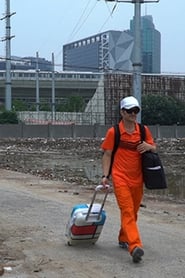 The Swap is the third chapter...
The Swap is the third chapter...The Swap 2016
The Swap is the third chapter of the PolEc Trilogy, comprising Wandering Marxwards (1998) and The Three Failures (2006). It features the same character as in the previous episodes, but now reduced to a lost, exhausted soul roaming Shanghai's cityscape from the remotest periphery to the financial district. Another narrative, spoken this one, takes us to September 2008, as gigantic bailouts put the financial system on life support instead of letting it collapse, thus seizing our reality and replacing it with a fiction tailored for the situation. These two streams end up meeting on a Shanghai dancefloor, where unresolved contradictions can finally be performed.
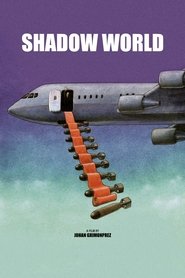 A detailed investigation into the political...
A detailed investigation into the political...Shadow World 2016
A detailed investigation into the political and economic interests that, since the beginning of the 20th century, have pulled the strings of the arms trade, hidden in the shadows, feeding the shameful corruption of politicians and government officials and promoting a state of permanent war throughout the world, while they cynically asked for a lasting and universal peace.
 A historical perspective to understand Neoliberalism...
A historical perspective to understand Neoliberalism...Laissez-faire 2015
A historical perspective to understand Neoliberalism and to understand why this ideology today so profoundly influences the choices of our governments and our lives.
 An investigation of disaster capitalism based...
An investigation of disaster capitalism based...The Shock Doctrine 2009
An investigation of "disaster capitalism", based on Naomi Klein's proposition that neo-liberal capitalism feeds on natural disasters, war and terror to establish its dominance.
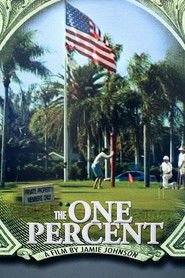 Jamie Johnson takes the exploration of...
Jamie Johnson takes the exploration of...The One Percent 2006
Jamie Johnson takes the exploration of wealth that he began in Born Rich one step further. The One Percent, refers to the tiny percentage of Americans who control nearly half the wealth of the U.S. Johnson's thesis is that this wealth in the hands of so few people is a danger to our very way of life.
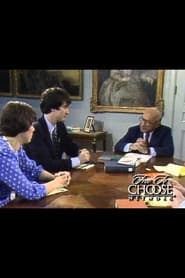 The final part of the Tyranny...
The final part of the Tyranny...Tyranny of the Status Quo: Politicians 1984
The final part of the 'Tyranny of the Status Quo' series features Dr. Friedman discussing politicians with a panel of students.
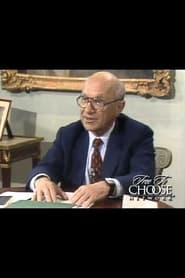 Milton sits with a panel of...
Milton sits with a panel of...Tyranny of the Status Quo: Bureaucrats 1984
Milton sits with a panel of students to discuss the always exciting topic of bureaucrats!
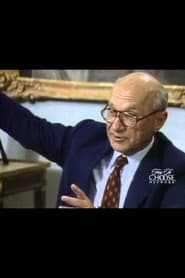 Beneficiaries is the first part of...
Beneficiaries is the first part of...Tyranny of the Status Quo: Beneficiaries 1984
'Beneficiaries' is the first part of the 'Tyranny of the Status Quo' series, featuring Dr. Friedman discussing topics with a select group of college students.
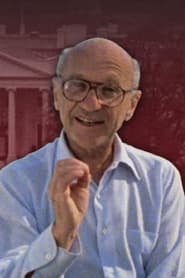 Democracies have only recently been considered...
Democracies have only recently been considered...How to Stay Free 1980
Democracies have only recently been considered desirable. Historically, it was feared that democracies always self destruct when citizens, forgetting that you cannot remove want and misery through legislation, insist on government actions that physically and morally bankrupt their nation. Friedman explains why the United States has so far avoided this outcome and how we can continue to do so.
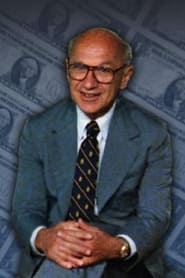 Inflation results when the amount of...
Inflation results when the amount of...How to Cure Inflation 1980
Inflation results when the amount of money printed or coined increases faster than the creation of new goods and services. Money is a "token" of the wealth of a nation. If more tokens are created than new wealth, it takes more tokens to buy the same goods. Friedman explains why politicians like inflation, and why wage and price controls are not solutions to the problem. Friedman visits Japan, U.S. and Britain.
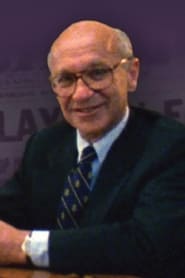 The Great Depression has been popularly...
The Great Depression has been popularly...Anatomy of Crisis 1980
The Great Depression has been popularly viewed as a failure of capitalism. The stock market crash, the failure of the Bank of the United States, loss of personal savings, were visible symbols supporting this belief. As Friedman explains, the real cause was the unseen failure of government policy and action. Yet this crisis resulting from government failure leads to decades of government expansion.
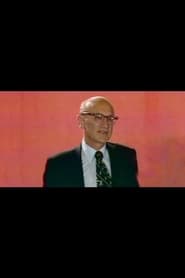 Lecture given at Harlem Parents for...
Lecture given at Harlem Parents for...Putting Learning Back in the Classroom 1978
Lecture given at Harlem Parents for Vouchers in New York City as part of the 'Milton Friedman Speaks' series.
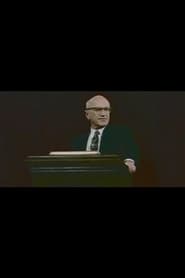 Lecture given at Stanford University as...
Lecture given at Stanford University as...The Role of Government in a Free Society 1978
Lecture given at Stanford University as part of the 'Milton Friedman Speaks' series.
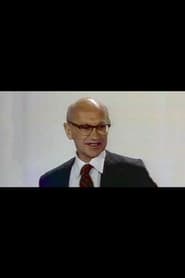 Lecture given at Ford Foundation in...
Lecture given at Ford Foundation in...Who Protects the Consumer? 1978
Lecture given at Ford Foundation in New York City as part of the 'Milton Friedman Speaks' series.
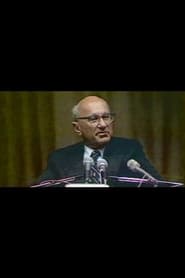 Lecture given at William and Mary...
Lecture given at William and Mary...Equality and Freedom in the Free Enterprise System 1978
Lecture given at William and Mary College as part of the 'Milton Friedman Speaks' series.
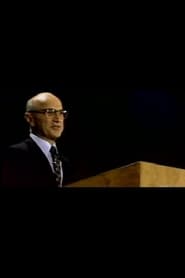 Lecture given at WQLN TV in...
Lecture given at WQLN TV in...Who Protects the Worker? 1978
Lecture given at WQLN TV in Erie, Pennsylvania as part of the 'Milton Friedman Speaks' series.
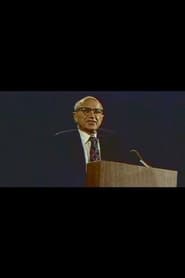 Lecture given at University of Rochester...
Lecture given at University of Rochester...What is Wrong with the Welfare State? 1978
Lecture given at University of Rochester as part of the 'Milton Friedman Speaks' series.
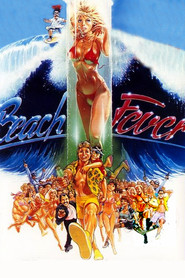 A young Japanese entrepreneur is set...
A young Japanese entrepreneur is set...